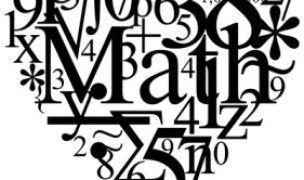 11 Terms
11 TermsHome > Industry/Domain > Biology; Medical > Human genome
Human genome
The human genome consists of 23 chromosome and the small mitochondrial DNA. 22 of the 23 chromosomes are autosomal chromosome pairs and the last one being a gender-determining pair. In total, the human genome contains the sequences of the 3 billion chemical base pairs that make up human DNA and approximately 20,000-25,000 genes. By understanding human genome, scientists are able to develop new medical applications that can significantly advance the state of health care.
Contributors in Human genome
Human genome
endometrium
Medical; Human genome
1) The mucous membrane lining of the uterine cavity that is hormonally responsive during the menstrual cycle and pregnancy. The endometrium undergoes cyclic changes that characterize menstruation. ...
expressivity
Medical; Human genome
The relative capacity of a gene to affect the phenotype of the organism of which it is a part.
epidermis
Medical; Human genome
1) The external, nonvascular layer of the skin. It is made up, from within outward, of five layers of epithelium: (a) basal layer (stratum basale epidermidis); (b) spinous layer (stratum spinosum ...
eukaryotic cell
Medical; Human genome
Cells of the higher organisms, containing a true nucleus bounded by a nuclear membrane.
epididymis
Medical; Human genome
1) The convoluted cordlike structure attached to the posterior of the testis. Epididymis consists of the head (caput), the body (corpus), and the tail (cauda). A network of ducts leaving the testis ...
fanconi syndrome
Medical; Human genome
A disorder of reabsorption in the proximal convoluted tubules of the kidney characterized especially by the presence of glucose, amino acids, and phosphates in the urine.
Featured blossaries
Karl Schaeffer
0
Terms
9
Blossaries
0
Followers
Mathematical Terms in English, German and Indonesian
 8 Terms
8 Terms

